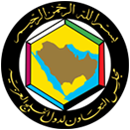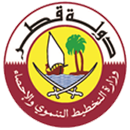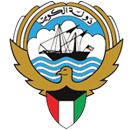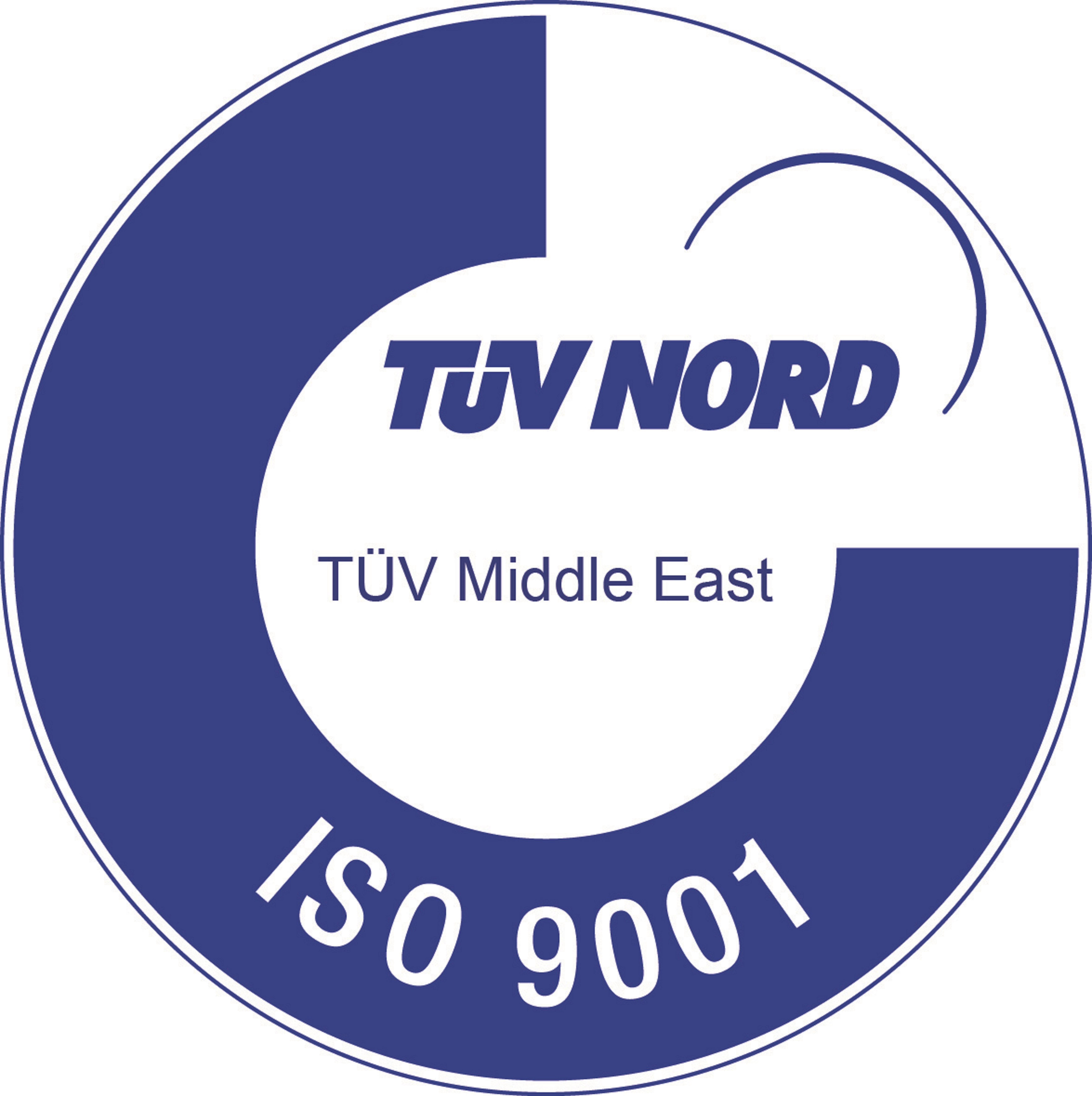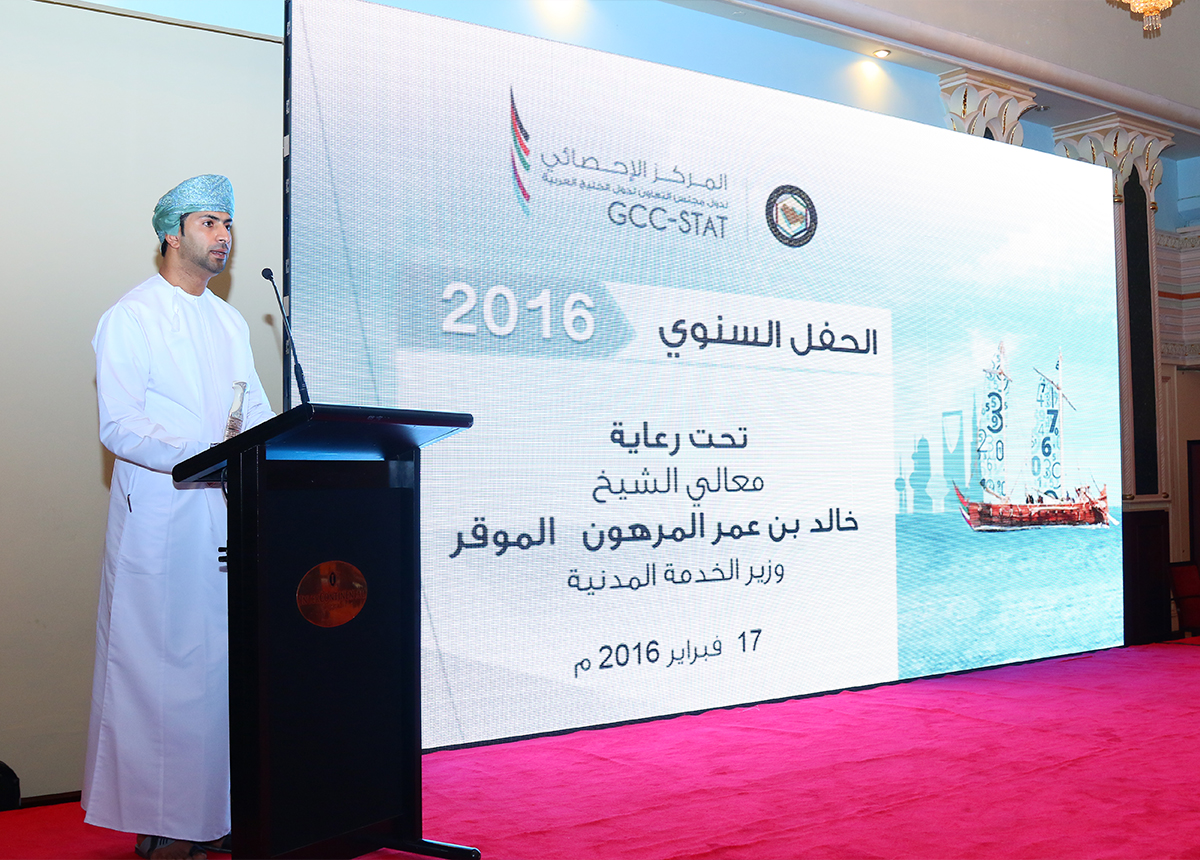
The GCC-Stat Holds its Annual Party 2016
Under the auspices of the Minister of Civil Service in Sultanate of Oman HE Sheikh Khalid bin Omar bin Said al Marhoon, the Statistical Center of the Gulf Cooperation Council (GCC-Stat) held its annual party 2016 in Intercontinental Muscat Hotel.
HE Dr. Fahd Bin Sulaiman Dr. Fahad Al Tekhaifi, GCC-Stat Board Chairman, gave an opening speech in which he said that working upon the results of the current statistical status survey that was implemented by Member States, the GCC-Stat developed a strategic plan and a roadmap for the statistical system for 2012-2020 as a start for joint statistical work between GCC countries in the context of a successful joint program at both planning and implementation levels. HE further asserted that during the current year, the GCC-Stat will focus on a work program with more than 30 activities and events that include workshops, training sessions, technical working group meetings at GCC levels to develop practical steps necessary to implement statistical projects in various fields such as the use of administrative records, census, environment statistics, foreign trade, energy, prices, short term indicators and others
HE also added that the growing need for statistical data at both regional and international levels makes it imperative for our countries to conduct more surveys to cover all social and economic aspects to help understand the variables and phenomena and to be informed of the social and economic circumstances in a manner that enables us to provide the data required by data users and decision makers. In this respect, we have to commend the GCC-Stat and encourage it to continue what it has started through the creation of technical working groups all through the GCC countries such as the group concerned with the prices and short term indicators. The team lays down the basics and the guidelines for the production of harmonized consumer price indices. HE stressed the importance for countries to provide the GCC-Stat with various types of statistical data as agreed by the working groups in order to conduct further studies and analyses of different social and economic aspects.
The sponsor of the event launched two of the GCC-Stat’s projects: the GCC-Stat data portal and the first GCC general consumer price index.
The GCC general consumer price index represents a unique first step as the index is based on the GCC countries’ indices and indicators using the relative weights of these countries. It will be issued on a regular monthly basis to reflect the change in consumer prices from one period to another. The GCC general CPI is a key indicator for decision makers in order to develop the appropriate coordination, procedural and corrective policies that will help control the increase in prices. The index is considered an important tool in the financial and monetary policy coordination at the GCC level as price increase is an economic phenomenon that has social aspects. This will provide a database including all the details of prices that users can use in various fields.
The GCC-Stat data portal project presents one of the electronic dissemination media as per the adopted data dissemination policy that considers the web-portal a platform to provide knowledge about the Gulf area. The data portal also provides accurate, reliable and high quality official statistics that can be regularly updated within the system of the advanced display and analysis tools in order to statistically monitor the data and document progress indicators in different GCC countries in various economic, social and energy sectors.
During the ceremony, the GCC-Stat signed a memorandum of understanding with the GCC Standardization Organization that aim to build business relations and cooperation in the fields of statistical activities, standardization activities and other relevant activities such as specification and measurements, conformity assessment and quality through working on how to make use of the international standard specifications related to the statistical activities. The memorandum refers to the exchange of expertise, training programmes and promoting awareness in service to and achievement of the vision and objectives of both parties.
The GCC-Stat also signed a memorandum of understanding with the Executive Board of the Health Ministers of the Gulf Cooperation Council through which both parties will seek to achieve the objectives related to the provision of sound health information that play a key role in decision making. The memorandum also contributes to the development of health policies that will result in improving the quality of staff in this field, the matter which will improve the quality of Gulf health information, standardize methodologies and health data collection methods.
On behalf of the GCC-Stat, the Memoranda of Understanding were signed by HE Saber bin Said Al Harbi, Director General of the center, by HE Nabil bin Amin Mulla, Secretary General of the Organization, on behalf of the GCC Standardization Organization, and by HE Mohammed bin Hamad al-Haidari, Deputy General Director of the Board, on behalf of the Executive Board of the Health Ministers of the Gulf Cooperation Council.
The ceremony included a presentation entitled “Enjazat” (Achievements) that showed the key achievements of the GCC-Stat since its establishment and until 2015. Previous board members were honoured in recognition of their fruitful efforts during their terms of service. In the conclusion of the party, the sponsor toured the web-portal exhibition for statistical releases.
For his part, HE Rashid bin Khamis Al Suwaidi, the consultant of The Federal Competitiveness and Statistics Authority (FCSA) in the United Arab Emirates delivered the word of the honourees in which he asserted that the GCC-State is a regional achievement that sets a role model. Studying the project of establishing a statistical center for the GCC Arab countries clearly emphasizes the importance of statistical agencies and the key role they play in policy and decision making, competency assessment and the measurement of development.
He further added that the center has an active, regularized and significant role in the present and the future of the GCC countries, and that its dedication to building a generation of national GCC statisticians who are aware of the importance of statistics and who believe in their importance and complementarity represents a human development target and a key pillar for the achievement of the desired progress.

